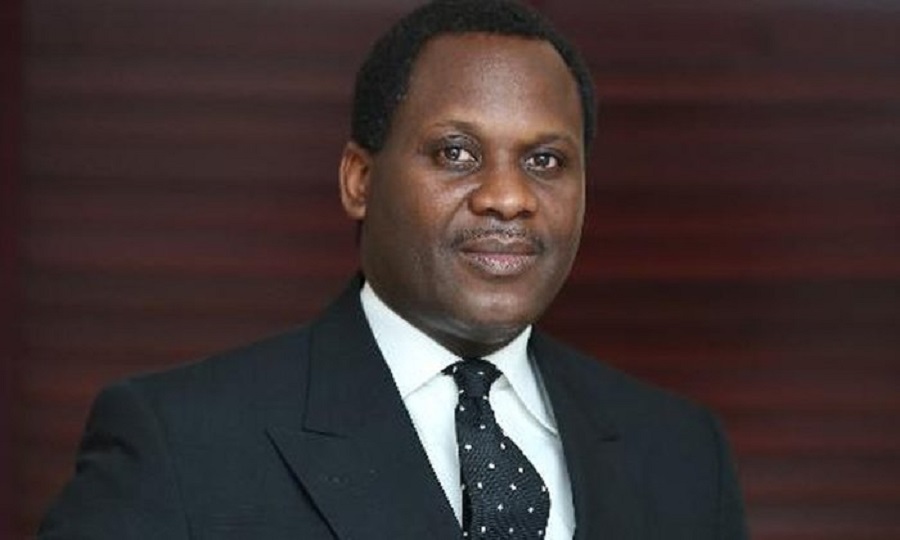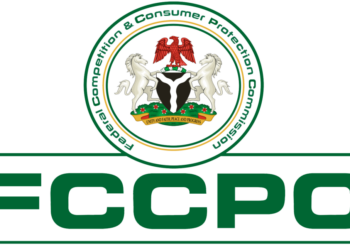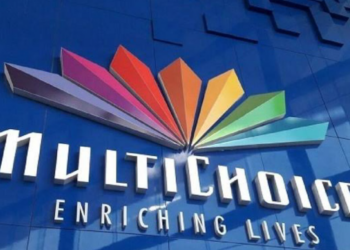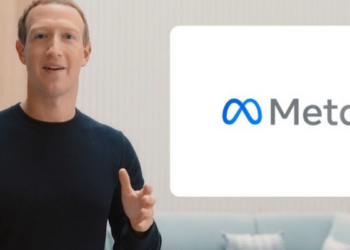In December 2018, the National Assembly enacted the Federal Competition and Consumer Protection Act and by January 2019, President Buhari signed it into law.
This consequently repealed the consumer protection act and dissolved the consumer protection council establishing the Federal Competition and Consumer Protection Commission in its stead. The FCCPC, having more expansive oversight than the CPC goes beyond consumer issues and extends to corporate entities as well as public agencies in Nigeria.
Mr Babatunde Irukera DG of the defunct CPC became the Executive Vice Chairman and CEO of the FCCPC. In this interview with Nairametrics, Mr Irukere discloses the changes that have been made following the transition from the CPC to the FCCPC, the challenges the agency is faced with and the agency’s future plans.
Excerpts
Since the FCCPC was established in 2019, you have had a lot more on your plate. Dealing with anti-trust, anti-competition issues as well as consumer issues, how has it been combining both in this one agency?
It’s been a lot of work, anti-trust principles are similar to consumer protection principles even though the nature of the work and how you achieve the purpose is different. The agency was not unprepared for the work but was insufficiently resourced for it. What we’ve spent the past two and a half years doing is strengthening preparations for that, resourcing it differently while at the same time, enforcing the law.
Did you have to hire more people and train them too?
Absolutely, we haven’t hired yet but we’ve retrained and some of the younger people in the agency were deployed to gain knowledge in competition areas, market definition, the economics of competition, what to look out for, how to analyze mergers & acquisitions. For those in surveillance and enforcement, we were able to retrain them on competition investigation, although they already had some basic information on how investigations should be pursued. We are doing the work but are we still under-resourced, absolutely.
The capacity utilization prior to now was not that efficient, scaling up has allowed it to be more efficient. We are going through the process of recruitment. We’re also relocating offices.
How has the market responded to your agency in its recreated form?
The initial response was incredible apprehension and anxiety and rightly so. People were going to be subject to regulation in a space that they know could get very tricky. But I think people have come to understand and live with it. One of the key things that have happened is that they’ve come to live with a regulator who they find somewhat stable, knowledgable and has a real commercial market approach.
Does it mean they are happy to be regulated? No! Does it mean that there’s no discomfort? No! But people understand it, they recognize the need for it and they are learning to adapt to the current regulatory approach which they can see is quite engaging and open.
The Nigerian market is largely informal, how do you regulate anti-trust, anti-competitive behaviour in a market like that?
In the informal sector, the biggest part of the work is advocacy. That’s going to take a lot of time. But in reality, many people modify their behaviour if they realize it’s a violation of the law. Especially when they realize what you are doing is empowering them in some sense. For example, if you have a small tailor or fashion designers union where they meet and they decide, going forward to make a blouse will cost N1000, it may seem like a platform for everybody to succeed. But there is still someone there who thinks, at N600, I can do far better, I’ll be fine. So unlocking that framework, once they begin to see the benefits, they begin to embrace it. We’re seeing it in a lot of smaller places like the market but it’s still a lot of work to get these principles to percolate.
What about the big businesses, multinationals and big corporations, how have they responded to your agency?
They are the ones who have responded with nervousness. They were initially anxious but now they are more comfortable, not with the existence of the law, but with the approach of the regulator. Interestingly, the big companies are much fewer than the SMEs and the MSMEs. So the other companies who were afraid or unable to thrive as well sometimes because of the larger ones, have embraced this and are very happy, very collaborative and they provide intel many times.
How have you been able to work with other agencies that have regulatory powers such as yourself, is there not an overlap of responsibilities?
Wherever you find overlapping regulatory jurisdiction in any country, it is usually a reflection of what the national priorities are. Overlapping jurisdiction obviously creates some dispute or confusion sometimes. But it’s a lesser risk than for something to slip through the cracks. So we engage. I personally have come to consider pushback and resistance to be a key part of the role, not a headache or an irritation.
So going in sometimes, I know there’s going to be resistance. For instance, we opened an investigation into the practices of a hospital in Lagos because someone had died there. Resistance from the medical association, serious resistance from the regulators of doctors. Some said on live tv that their own regulator, a government agency, told them, “Do not go and appear before another government agency.” But we were ready for it and everybody involved in that episode is the wiser for it today.
So you sent a message through that incident?
Yes. We do work together. In reality, I think businesses pitch regulators against each other far more than regulators pitch themselves against one another. What you see in the public is more rhetoric than reality. We are not at each other’s neck all the time. Sometimes we disagree on how to proceed, but that doesn’t dominate our engagement. Our work is far more collaborative than disputed.
Let’s talk about the Price Control Act of 1977, are you concerned about it being in conflict with the FCCPA?
Not that concerned at all. The legislative process addresses many things as you go along and repeal is not the only way that makes law obsolete. New pieces of legislation can make existing laws obsolete. The economic policy of Nigeria has long moved on from price control. It’s a free market. The biggest thing to deregulate is fuel prices and we’re in that process.
This administration that you work for has exhibited socialist tendencies, being both a regulator and a player. How does that ensure a free market?
I disagree that this government has been socialist. If what you mean is that this government is the one with the most ambitious social welfare investment, pro-poor programs, yes absolutely. That’s really about closing the gap. Bringing more people into the tax bracket and asking the rich to pay their fair share with the VAID program. But they’re not trying to control the market or stifle business. If anything, the ease of doing business and other policies of government is to encourage those in business to find full expression.
One of the things the advent of the internet has brought about is a lot of people getting into online businesses. So now you have a lot of money lenders. People have complained about the huge interest rates and the harassment that follows if you delay. The calls, the texts and harassment to the people who are used as guarantors, by borrowers unknown to them. From the consumer protection standpoint, is this something your agency can look into, how do you sanitize the space because people do need quick loans they can get easily.
It is something that we have been engaged in. It seems like they mirror the contact list of the borrower and just publish texts messages to everyone on the contact list. It is an incredible violation. We are trying to get a handle on that and it’s a global problem. People can get easily exploited over the internet. Right now we’re convening a meeting that involves the FCCPC, CBN, EFCC, National Human Rights Commission and the ICPC on how to manage this because none of these entities are licensed to provide these services.
What is worse is you can’t even find some of them. They don’t have an address. As a matter of fact, in an investigation with the ICPC, it turned out that one of them was operating from France, which presents a difficulty. What we’re doing is trying to educate consumers not to do business online with people you can’t find.
We have an understanding with Facebook where we can get them to take down posts or an advert on their sites when we find out it’s fraudulent. We’ve done some with Instagram but the vast majority of business online is unregulated. We have a memorandum of understanding in the USA with the Federal Trade Commission because one of the big problems in the US, is romance scams and their tracking shows that a lot of those scams originate from IP addresses in Nigeria. So they need us to assist with enforcement of that. Our problem now is to engage internationally on this.
Romance scams are not inbound for us, they are outbound, and money-lending scams are inbound for us. So these are problems that regulators all over the world are grappling with.
You recently opened a mergers and acquisition portal, can you tell us about that?
The portal is not an entire substitute but we hope it becomes a substitute for the need to physically file merger notifications. So you can file them online and we both monitor as the work is going on. All the correspondence, deficiency notices or requests for further evidence can be exchanged online and you can respond. So you can seat in your office anywhere in the world and then notify the commission of a merger and it can be processed online. We are very proud of it because it promotes efficiency and allows people to work from anywhere. We are one of the few who have completely put this online.



















